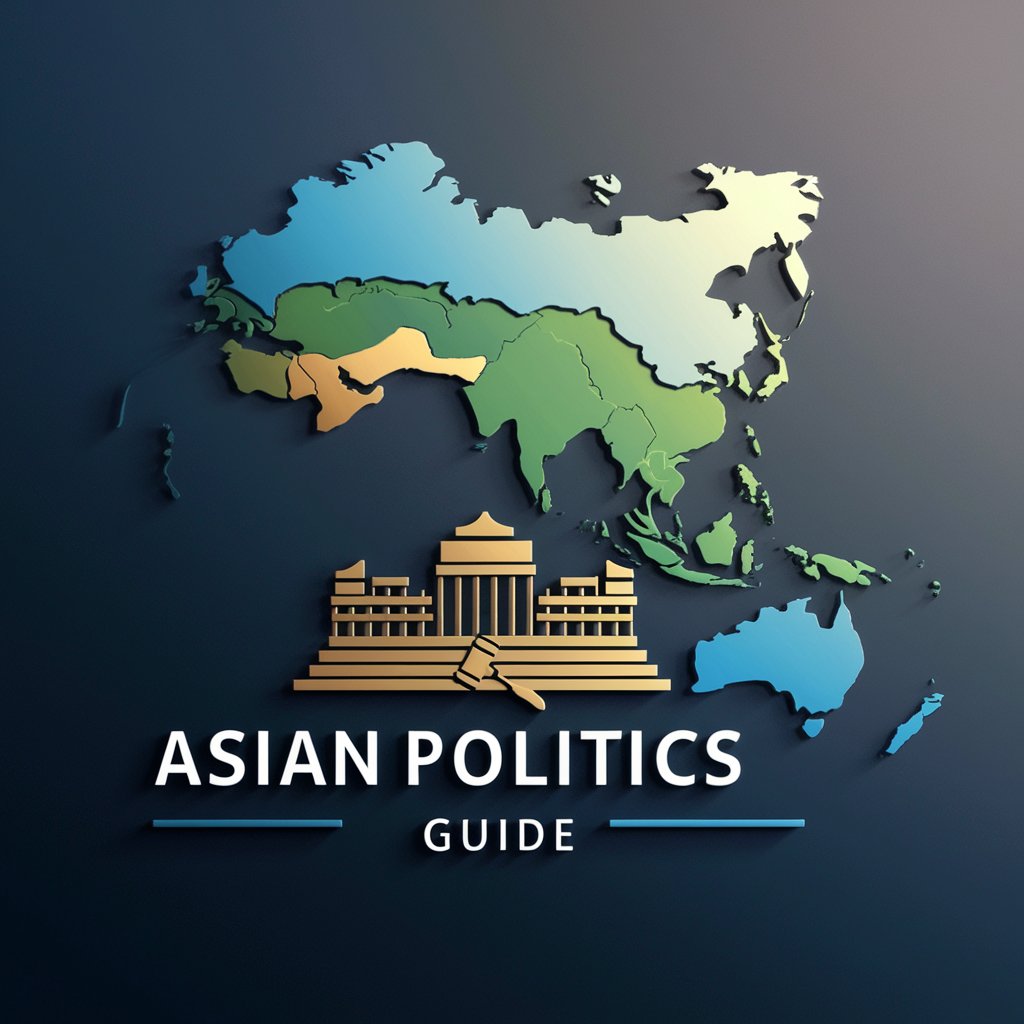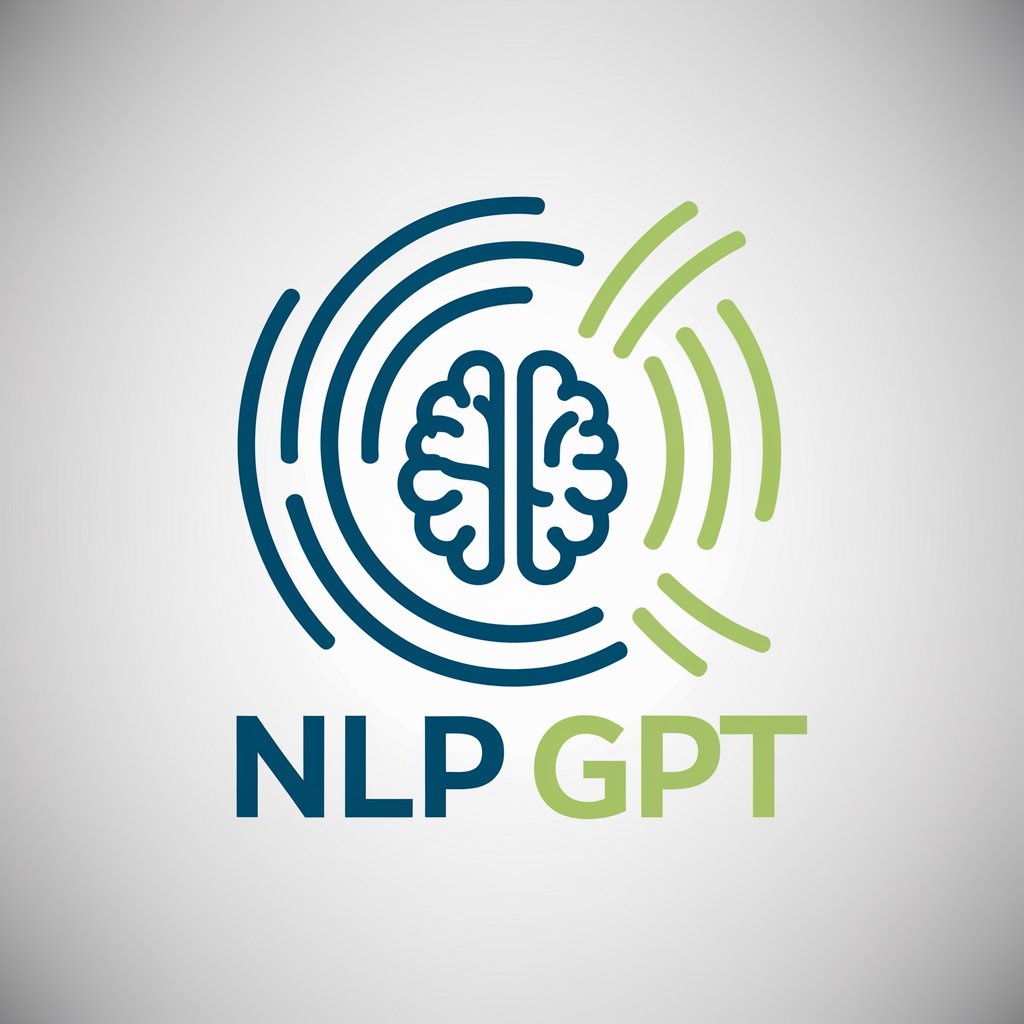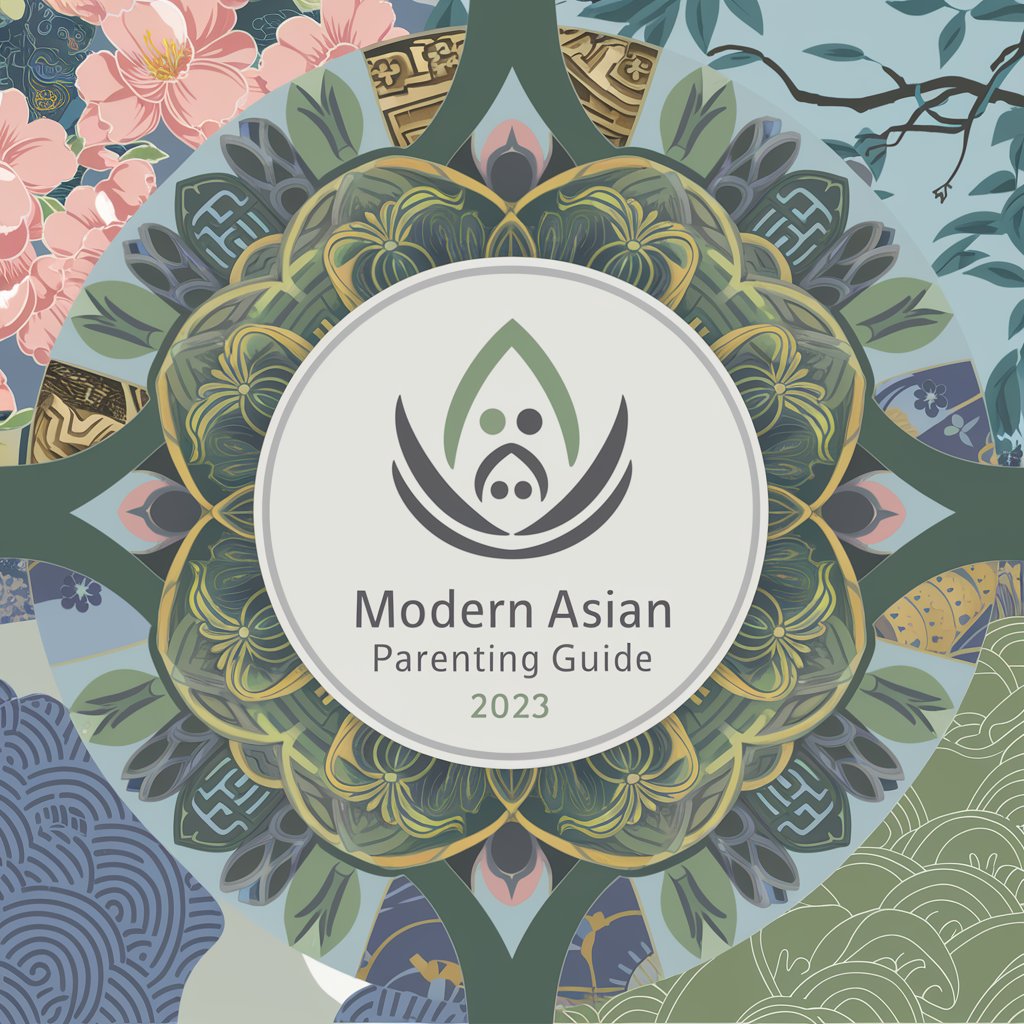
Asian Politics Guide - Asian Politics Insights

Welcome to the Asian Politics Guide!
Navigating the Complexities of Asian Politics with AI
Explain the impact of electoral rules on political outcomes in Southeast Asia.
Compare the democratization processes in Taiwan and South Korea.
Discuss the role of military forces in the politics of Myanmar and Thailand.
Analyze the reasons behind the resilience of authoritarian regimes in China.
Get Embed Code
Introduction to Asian Politics Guide
Asian Politics Guide is designed to provide in-depth insights and analysis on the complex political dynamics, democratization processes, and domestic political conflicts in East and Southeast Asia. It leverages the extensive 'Survey of Asian Politics' syllabus to facilitate understanding of how domestic political forces and players operate and influence political outcomes in the region. Examples include analyzing Thailand's military influence on elections, China's authoritarian resilience, and the role of democracy in South Korea's development. Powered by ChatGPT-4o。

Main Functions of Asian Politics Guide
Comparative Political Analysis
Example
Comparing democratization in Taiwan and South Korea, illustrating different paths to democracy influenced by historical, social, and international factors.
Scenario
A user wants to understand the democratization process in Asian countries, focusing on Taiwan and South Korea's unique experiences.
Exploring Political Conflicts
Example
Examining the U.S. military base conflicts in Japan and South Korea, highlighting local opposition, geopolitical implications, and government responses.
Scenario
A user is researching the impact of foreign military bases on domestic politics and society in Japan and South Korea.
Analyzing Authoritarian Regimes
Example
Studying the resilience of China's authoritarian regime, focusing on the CCP's strategies for maintaining power and control over societal and political domains.
Scenario
A user seeks to delve into the mechanisms that enable the Chinese Communist Party to sustain its rule despite various internal and external challenges.
Investigating Electoral Systems and Political Parties
Example
Analyzing the effects of electoral systems on political party competition in Malaysia, exploring how these systems shape political outcomes and governance.
Scenario
A student needs to understand how electoral systems influence political party dynamics and governance in Malaysia for a comparative politics assignment.
Ideal Users of Asian Politics Guide Services
Political Science Students
Students studying political science, international relations, or Asian studies who require detailed analysis and comparisons of political systems, democratization processes, and the role of various political entities across East and Southeast Asia.
Academics and Researchers
Scholars and researchers looking for comprehensive insights into specific political phenomena in Asia, such as authoritarian resilience, military-political dynamics, and the impacts of electoral systems on governance.
Policy Analysts and Diplomats
Professionals in government, think tanks, and international organizations who need to understand the political contexts of Asian countries for policy formulation, diplomatic strategies, and international relations analysis.
Journalists and Media Professionals
Media personnel covering Asian politics who seek to deepen their understanding of the region's political landscapes, conflicts, and key players to provide nuanced and informed reporting.

How to Use Asian Politics Guide
Start Your Journey
Begin by visiting yeschat.ai for a no-login, free trial to access a wealth of information on Asian politics without needing ChatGPT Plus.
Identify Your Interests
Pinpoint specific topics or regions within Asian politics you're interested in exploring, such as democratization in Southeast Asia or political institutions in East Asia.
Engage with Content
Utilize the Asian Politics Guide to delve into detailed analyses, comparative studies, and historical contexts of political dynamics across Asian countries.
Apply Comparative Methods
Leverage the guide's comparative politics approach to draw parallels and contrasts between different political systems, reforms, and conflicts in Asia.
Expand Your Knowledge
Explore beyond your initial queries to uncover broader themes and insights into the roles of political institutions, democratization processes, and domestic conflicts in Asia.
Try other advanced and practical GPTs
Social Media for Politics
Elevate Your Campaign with AI-Powered Insights

650 Char Article Composer
Crafting precision in every word.

C++ Exam Solver
AI-powered C++ learning and exam prep

To tailwind
AI-powered Tailwind CSS Assistant

Brick it
Turn any photo into a Lego masterpiece.

FREE Realistic AI Image Generator - Film Noir
Crafting shadows, revealing mysteries with AI

Best Answer
Maximize accuracy with AI-powered Best Answer.

SwiftUI Best Practices Advisor
AI-powered SwiftUI coding guidance

Israel Advocacy Pro
Amplify Your Voice with AI-Powered Israel Advocacy

LearnoGuide [EI Buddy]
AI-Powered eLearning Strategy Guide
![LearnoGuide [EI Buddy]](https://files.oaiusercontent.com/file-6dQKyUa2kFMn7o1QSS3iTdQG?se=2123-11-20T08%3A00%3A25Z&sp=r&sv=2021-08-06&sr=b&rscc=max-age%3D1209600%2C%20immutable&rscd=attachment%3B%20filename%3D1.webp&sig=rZ9Kl0GgQXBWSDlSCIy4qCIonJoL4WkwesWctpz6yYQ%3D)
Natural Writer
Elevate your writing with AI-powered fluency.

AI and Natural Language Processing (NLP) GPT
Empowering language through AI

Q&A About Asian Politics Guide
What is the primary focus of Asian Politics Guide?
The guide primarily focuses on explaining major themes of comparative politics in East and Southeast Asia, covering political dynamics, democratization processes, and domestic political conflicts.
Can the guide help me understand the role of political institutions in Asia?
Yes, the guide provides detailed insights into various political institutions across Asian countries, explaining how they operate both in isolation and in different political environments.
How does the guide address democratization in Asia?
It explores the factors influencing why some Asian countries undergo reform and democratize while others don't, and examines the impact of political structures on foreign and security policy.
Can I use the guide to compare political systems in Asia?
Absolutely. The guide encourages the use of comparative methods to analyze and draw parallels between different countries, helping to contextualize their political systems and conflicts.
Is the guide suitable for someone with a basic understanding of politics?
Yes, it's designed to be accessible to individuals with a foundational knowledge of politics, providing clear, concise explanations tailored to enhance understanding of complex political issues in Asia.





